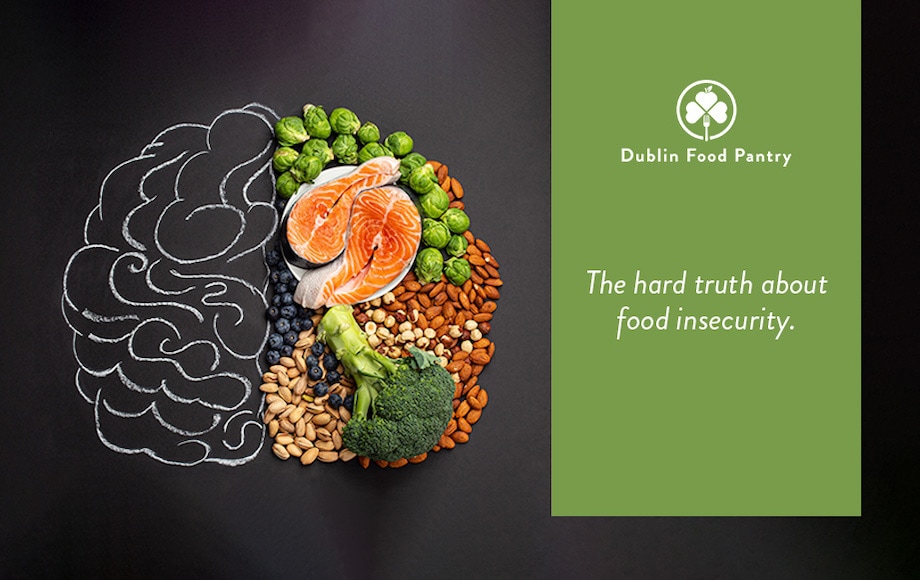
We know that hunger and health are deeply connected and that healthy bodies and minds require nutritious meals at every age. When people don’t have enough food or have to choose inexpensive foods with low nutritional value, it can seriously impact their health, both physically and mentally.
The Impact of Food Insecurity on Overall Health
Studies show that people who are faced with food insecurity are significantly affected by diet-sensitive chronic diseases such as diabetes and high blood pressure. We also know that a lack of food security also causes an increased likelihood of mental health problems such as anxiety and depression among adolescents, and increased mortality and suicide ideation in adults.
Food insecurity in childhood and adolescence can have lifelong impacts, with direct links to adverse academic outcomes, behavioral problems, fewer friends, substance abuse, and chronic illnesses. A lack of food security also causes an increased likelihood of mental health problems such as anxiety and depression among adolescents, and with increased mortality and suicide ideation in adults.
Consider findings from a Cornell research study:
- Young people, ages 15 to 16, in homes where there is not always enough to eat, are five times more likely to attempt suicide, compared with well-fed adolescents.
- They also are four times more likely to suffer from chronic, low-grade depression (dysthymia), which is a high-risk factor for major depression
- Are almost twice as likely to have been suspended from school, and have more problems getting along with their peers.
Food Insecurity in Dublin
We are not immune to this threat within the Dublin community. Food insecurity and hunger continue to wreak havoc on many of our neighbors, and are much more prevalent in Dublin than many realize. In fact, within our community, 4,700 households live on less than $35,000 annually and the pantry serves an average of 2,500 individuals and families each month.
Due to the uncertain economic climate and the lasting impact of the global pandemic, the Dublin Food Pantry has seen a 92% increase in community members served since 2019. And in the first six months of 2022 alone, the pantry has seen an additional 30% increase in individuals and families served.
Nearly 70% of our shoppers are the working poor, struggling to make ends meet and make difficult choices daily.
- Food or rent?
- Food or utilities?
- Food or gas?
- Food or medical care?
These questions haunt a significant number of our neighbors every month, and every day.
How Can You Help #FeedDublin?
Despite the exponential growth in the number of families and individuals served over the past few years, we believe that we are currently serving only about 25% of the families and individuals in need in our community. The need for our services is higher than ever before, and it’s only going to continue to grow.
To meet the growing needs of our neighbors, the Dublin Food Pantry has launched a $3 million capital campaign to purchase and renovate a larger, more accessible facility at 6608 Dublin Center Drive. Our new home is conveniently located off of Sawmill Road, making the pantry easily accessible for all families and individuals within the City of Dublin and the Dublin City School district.
The new facility will allow us to expand our outreach, partner with other local nonprofit organizations to have resources in-house that are tailored to our neighbor’s needs, grow fresh produce in-house through our garden, and allow our choice pantry to greatly expand.
Help us to ensure #EveryoneEatsHere. We are embarking on a $3 million capital campaign to purchase, renovate, and operate a permanent home for the Dublin Food Pantry. But we need your help.
- Visit dublinfoodpantry.org/feeddublin to learn more about the project
- Make a donation
- Help us spread the word by engaging with us on social media
- Be part of the conversation using #FeedDublin